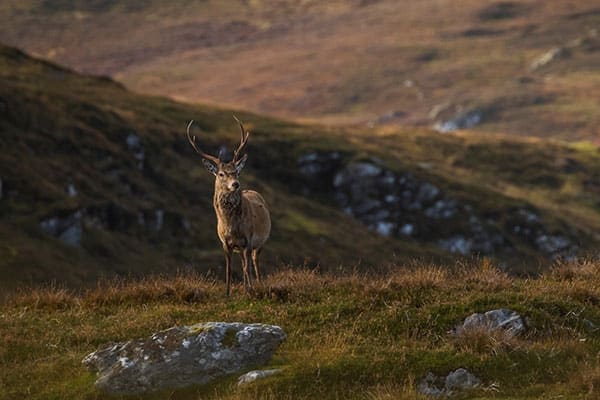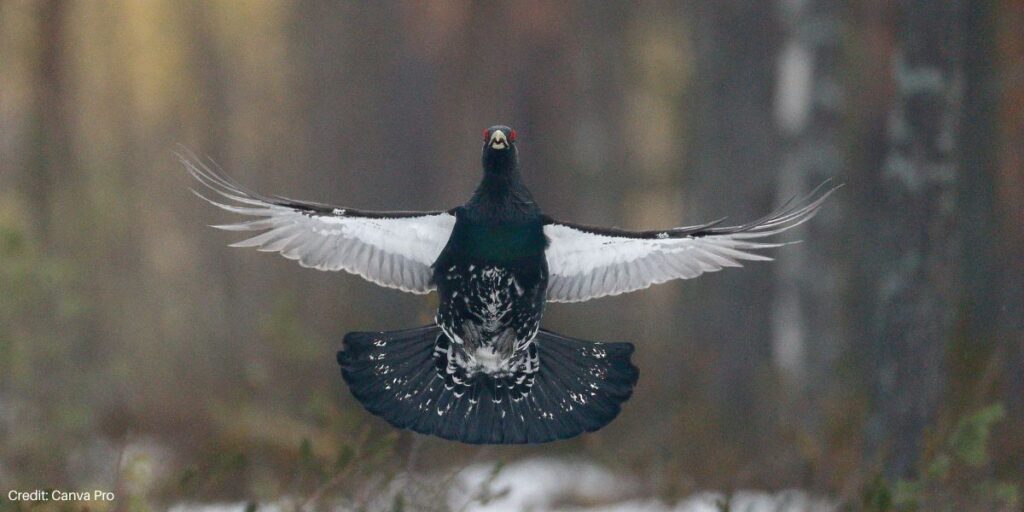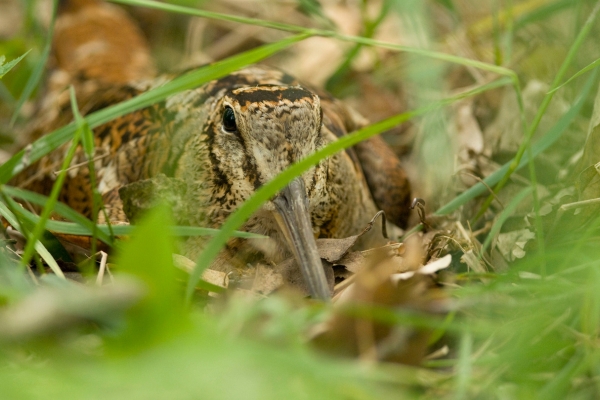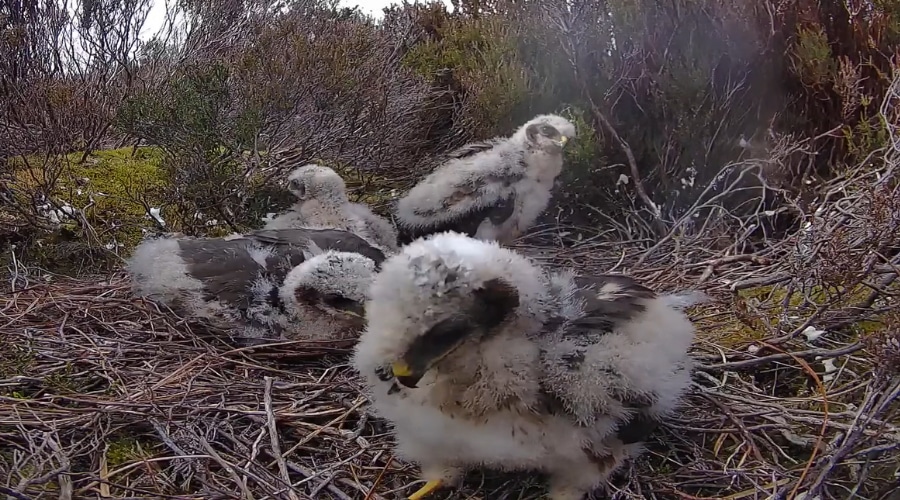
Open letter to the Scottish Animal Welfare Commission
Read our open letter to the Scottish Animal Welfare Commission following the Scottish Government’s response to the deer working group project.
Get information on the legal shooting season for mammals and birds in the UK.
Apply for funding for your project or make a donation today
Comprehensive information and advice from our specialist firearms team.
Everything you need to know about shotgun, rifle and airgun ammunition.
Find our up-to-date information, advice and links to government resources.
Everything you need to know on firearms law and licensing.
All the latest news and advice on general licences and how they affect you.

The Capercaillie Emergency Plan, which aims to aid capercaillie recovery and reverse the fortunes of the iconic Scottish bird, has been launched in Scotland.
The Capercaillie Emergency Plan sets out a number of measures which seek to prevent further decline in the capercaillie population which, without intervention, is at risk of reaching extinction within the next 50 years.
BASC Scotland supports the plan as a stakeholder, while the BASC Wildlife Fund has already provided £52,405 to help fund the removal of 10km of unmarked fences which proposed a risk to the capercaillie.
The bird’s last remaining stronghold is within the Cairngorms National Park, where 85 per cent of the population now live. However, with numbers at their lowest in 30 years, capercaillie recovery is imperative. The plan sets out a series of measures to be implemented at pace, with the first of these coming into force between 2025-2030.
The measures in the action plan include the following:
Responding to the launch of the Capercaillie Emergency Plan, BASC Scotland director, Peter Clark said: “The Cairngorms stands as the final bastion for capercaillie in the UK and efforts must be made to protect this iconic species.
“BASC has played its part in supporting this important conservation effort, including making a financial contribution to the initiative to mark or remove 10 kilometres of unmarked fences in the Badenoch and Strathspey area. These fences, if left unattended, are known to be a hinderance during capercaillie leks and breeding.
“While good progress has been made via this initiative and predator control, success will depend on high levels of collaboration from all stakeholders. BASC and its members are ready to support the efforts to restore capercaillie numbers.”
The BASC Wildlife Fund provides loans for land purchase and grants for conservation projects in the UK and abroad.
Find out more about how you can support the fund by making a donation, or apply for financial backing for your project here.

Read our open letter to the Scottish Animal Welfare Commission following the Scottish Government’s response to the deer working group project.

A study carried out by BASC and the University of Exeter into the UK’s resident woodcock population has heralded positive results.

New data from Natural England shows 141 hen harrier chicks fledged in England this year, the seventh year in a row that numbers have increased.
We use cookies to improve your experience on our site. By using our site, you consent to cookies.
Manage your cookie preferences below:
Essential cookies enable basic functions and are necessary for the proper function of the website.
These cookies are needed for adding comments on this website.
Google reCAPTCHA helps protect websites from spam and abuse by verifying user interactions through challenges.
Google Tag Manager simplifies the management of marketing tags on your website without code changes.
Statistics cookies collect information anonymously. This information helps us understand how visitors use our website.
Clarity is a web analytics service that tracks and reports website traffic.
Service URL: clarity.microsoft.com (opens in a new window)
You can find more information in our Cookie Policy and .